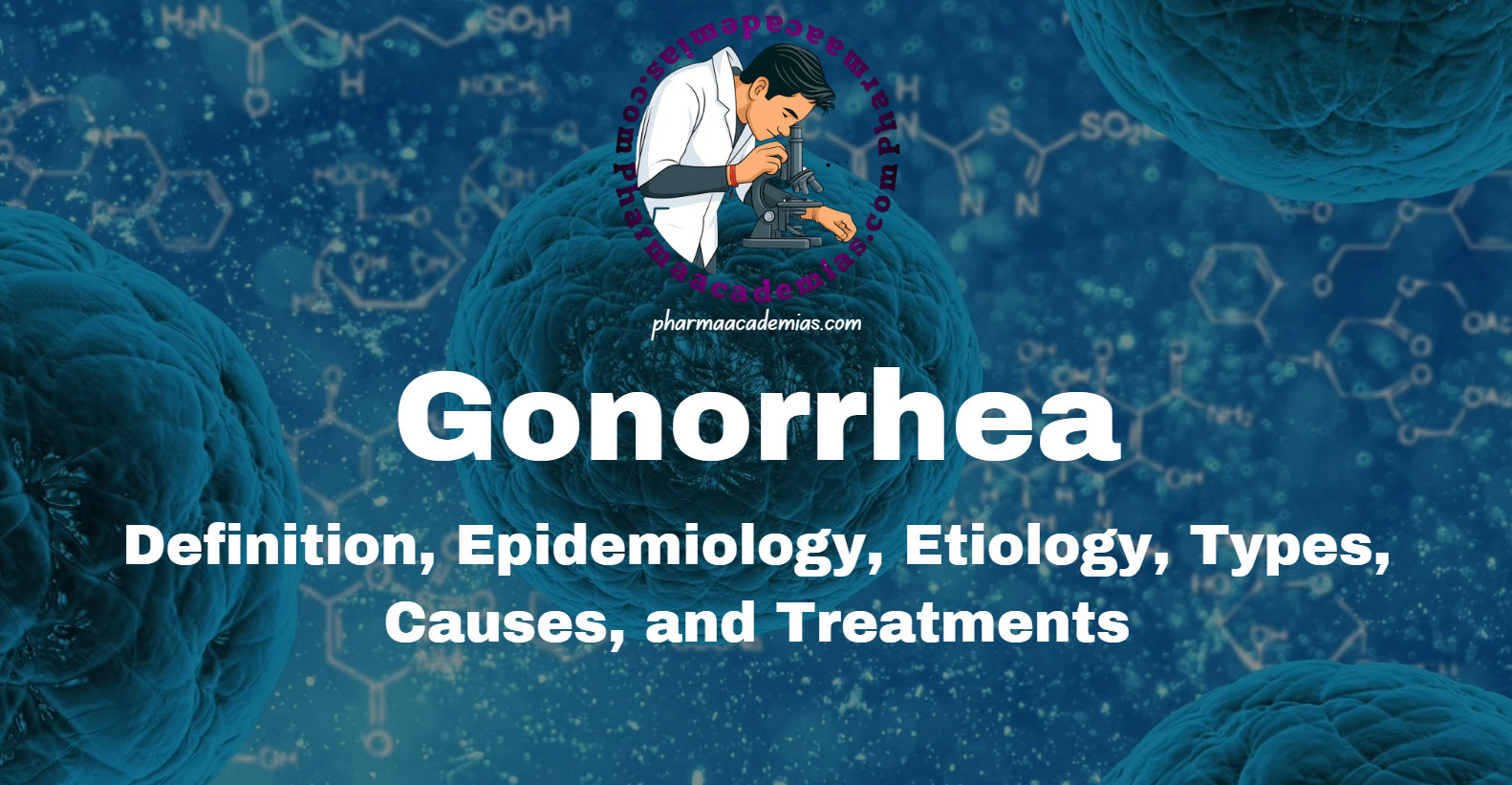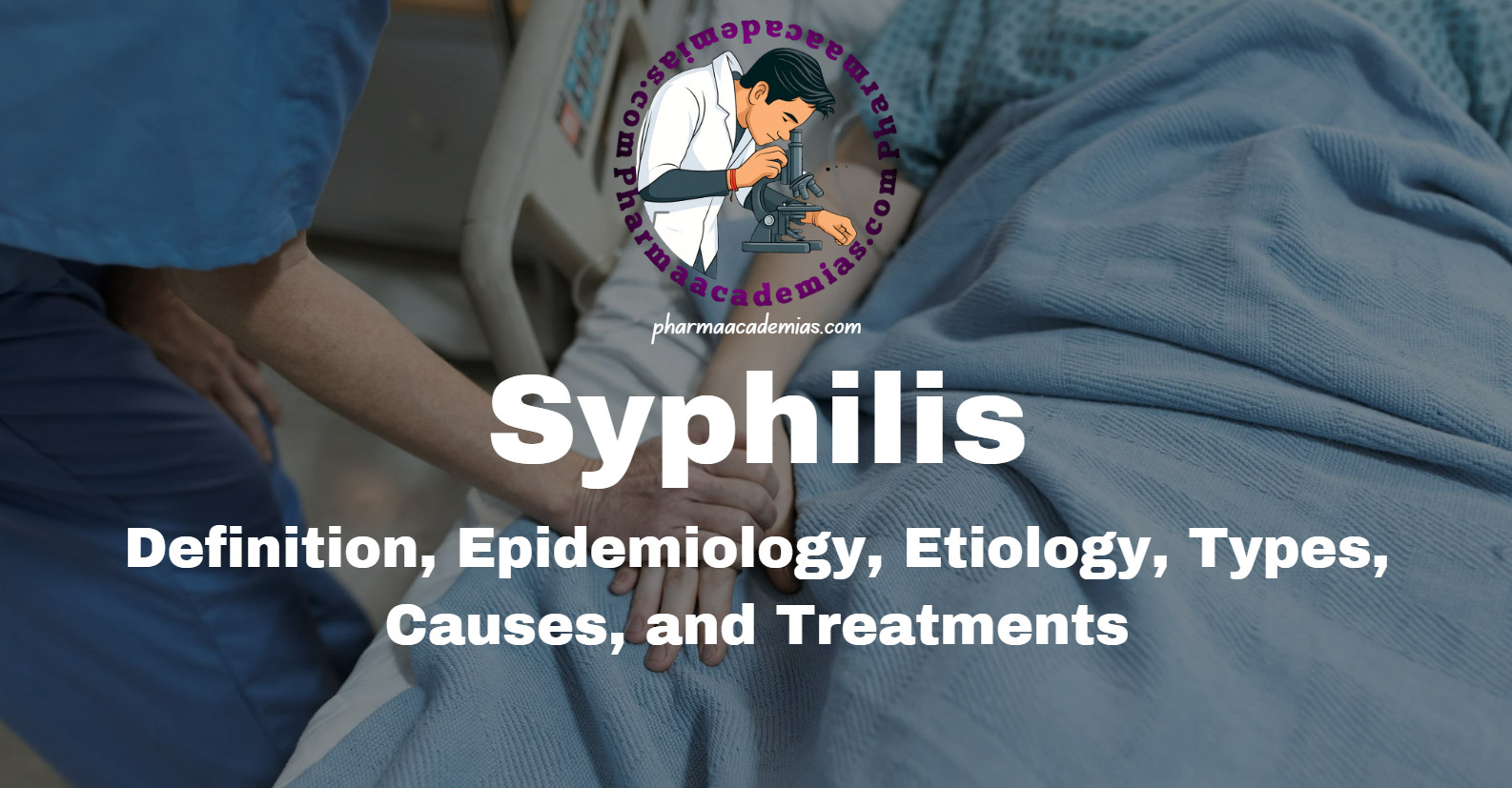Adrenergic Receptors: Alpha & Beta
Adrenergic receptors, also referred to as adrenoceptors, are integral membrane proteins that mediate the physiological effects of the catecholamine neurotransmitters adrenaline (epinephrine) and noradrenaline (norepinephrine). These receptors are primarily involved in the regulation and modulation of the sympathetic division of the autonomic nervous system. Based on their pharmacological profiles, receptor affinity, intracellular signaling mechanisms, and … Read more










